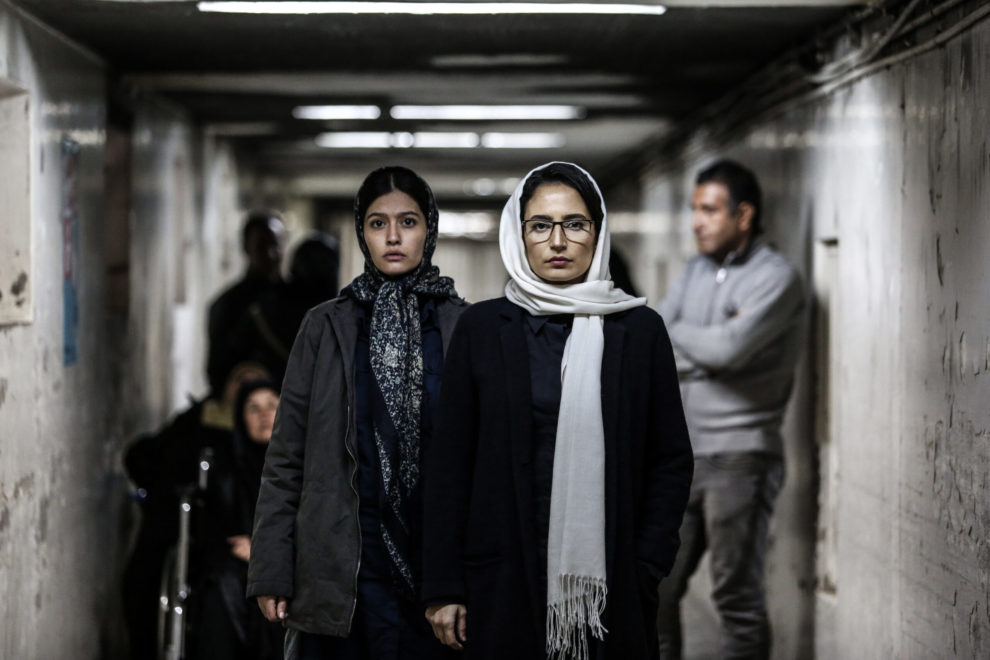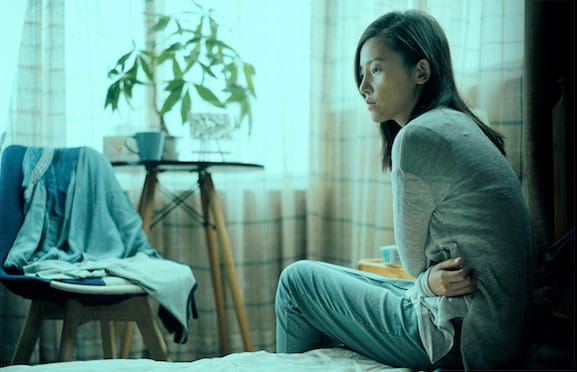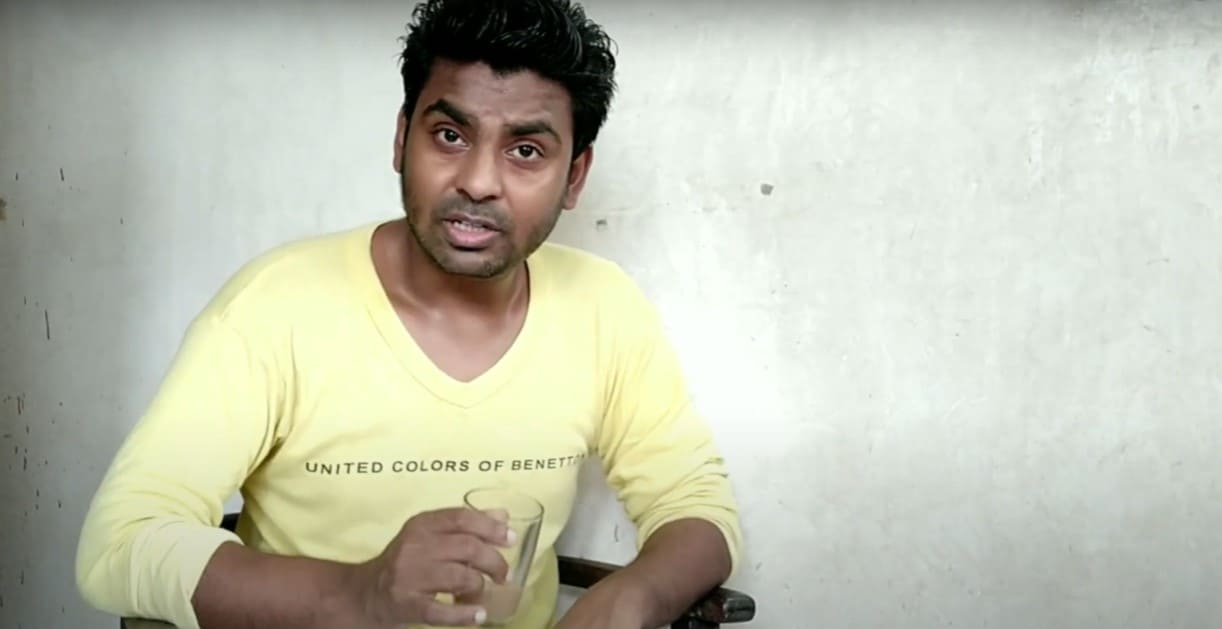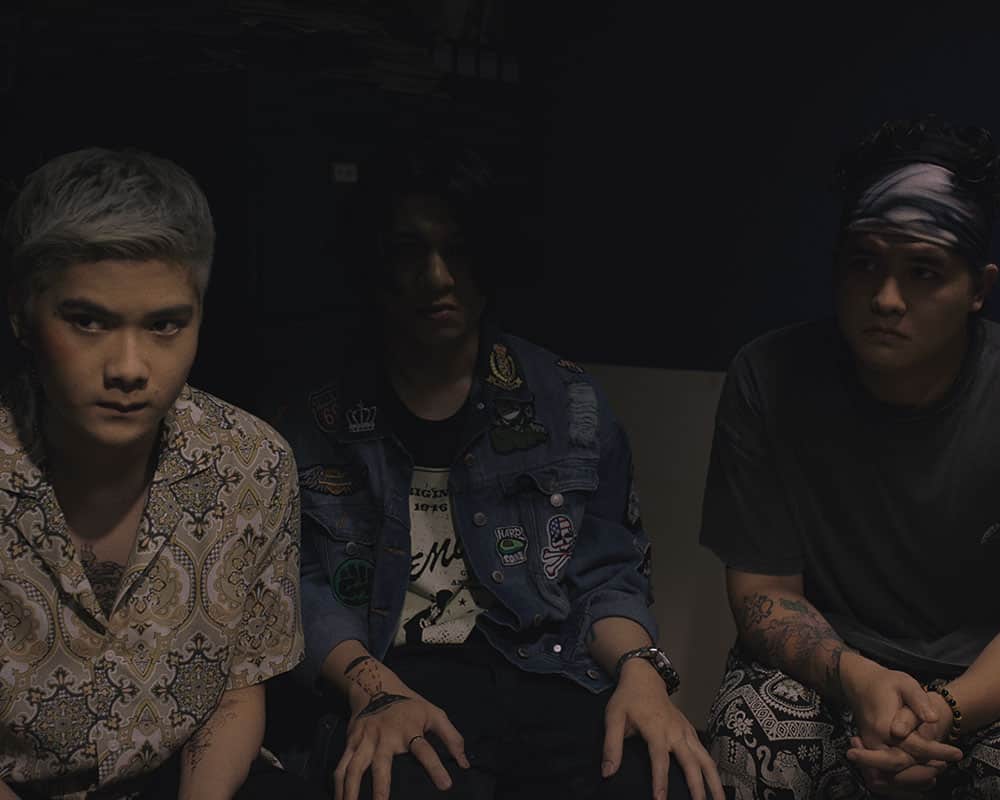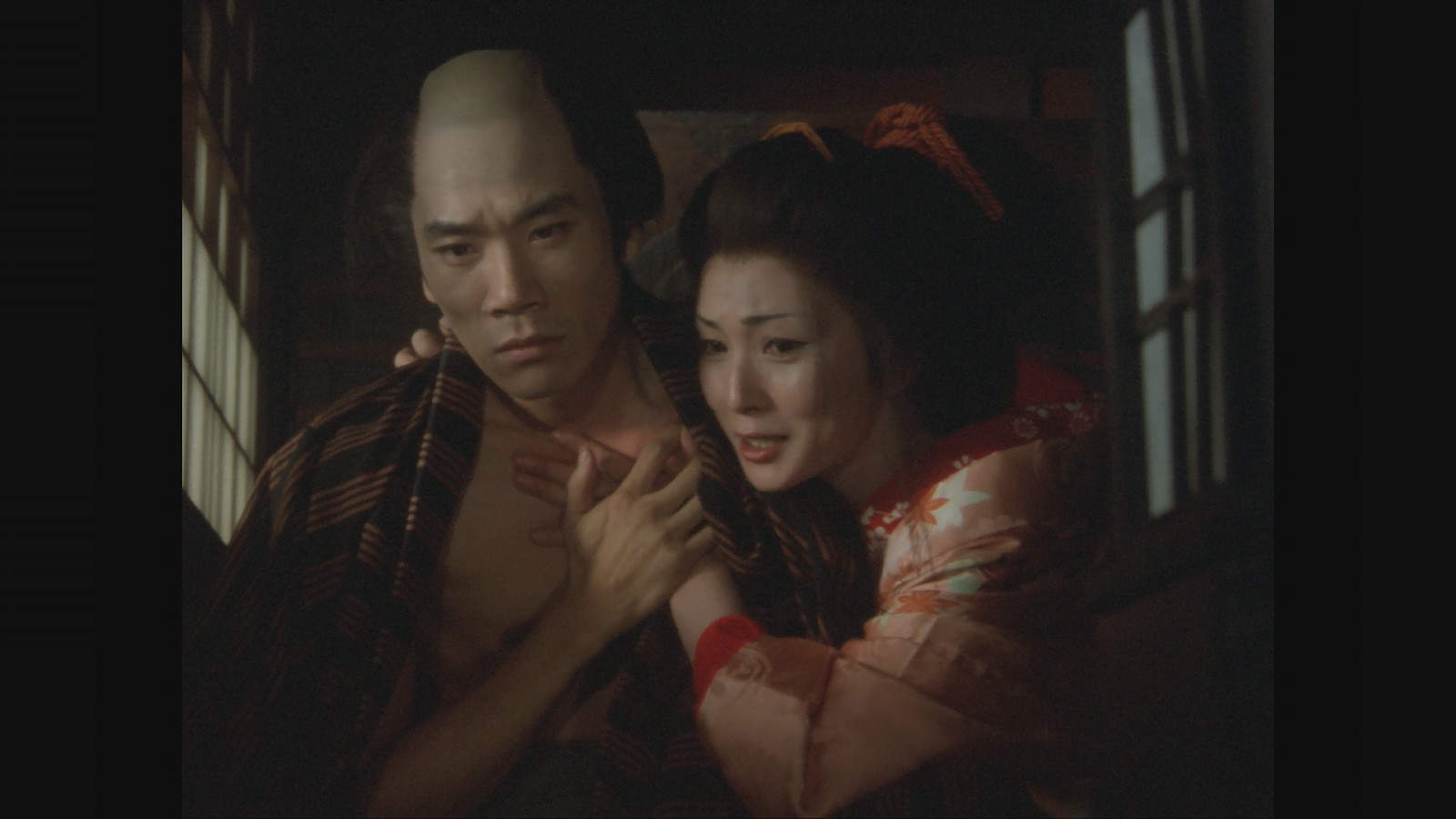In the vast plethora of misery porn that comes from West Asia (or at least picked from European film festivals) it is a joy to stumble upon a movie that manages to be entertaining throughout its duration, even if its focus is on social issues. Reza Dormishian, in his sixth feature, has struck gold in this approach.
“No Choice” screened at Vesoul International Film Festival of Asian Cinemas

The story revolves around three women. Street girl Golbahar is a baby-making machine for her pimp Mojtaba, who sells her offspring to his rich clients. All hell breaks loose when they realize her tubes have been tied during a miscarriage operation in the hospital, without her consent. Sara Nedayi, a tough attorney from a middle class background, takes up the case of the young girl, believing that the doctors in the hospital somehow exploited the young girl. With the help of a doctor friend, Dr. Saadat, eventually finds the truth and confronts the doctor who operated on the girl, OB-GYN Dr Pandar, accusing her of non-consensual tubal ligation. Gradually, however, and as the truth of the girl is revealed, so do Pandar's actions are highlighted as benevolent, and she, as a calm individual who uses her “powers” to help people as much as she can, even to the cost of her own family. Sara, however, is not willing to let go, while Mojtaba is on a path of revenge.
Dormishian makes a number of social comments in his movie, with the situation of the homeless people in Tehran and the lack of will of the government to help them, the place of women in Iranian society, the ways the police works, and the concept of crime and punishment being in the front line. At the same time, however, all these are inevitably placed in the background, as the focus shifts on the fight between two powerful women, who are also activists even if in different ways. This aspect, that both want to help but eventually find themselves clashing, is the most intriguing in the narrative, even more so since Dormishian highlights the fact that both are lonely, due to their will to help others. This element also benefits the most by the acting of the two women, with Fatemeh Motamed-Arya as the doctor and Negar Javaherian as the lawyer giving truly outstanding performances, with their antithetical chemistry (the former acts more with her facial expressions while the latter is more vocal) working excellently throughout the movie.

Who is (more) right, largely depends on each viewer's perception, but even if a bit, the doctor seems to be the “winner” since the lawyer's activism ignores large parts of how reality works, with the fact that Dr Pandar never actually goes after her “opponent”, even though she does the exact opposite, also moving towards the same direction. Furthermore, Pandar's actions are also justified by the fact that the girl never had full control of her own body, as Mojtaba exploited her in the particular way since she was 11. The finale may draw more sympathy towards the lawyer, but the general sentiment remains.
Also of note is Aieen Irani's cinematography, with the many close ups to the faces of the protagonists working quite well here, even if on occasion, as in the trial scene, the point rather intently towards TV aesthetics. The scene in the dark room in particular is rather memorable in its noir approach. The same applies to Haydeh Safi Yari's editing, with the fast pace of the movie helping significantly in terms of entertainment, eventually emerging as one of its best assets, even if the TV notions are here also. The only significant fault lies with the murder scene, which could be handled in a more convincing way, although this is just a detail and in no way does it fault the overall great sense the movie leaves.
“No Choice”, despite its TV notions, is a great film that manages to be both entertaining and socially conscious, while its pace feels like a breath of fresh air in a kind of cinema that, most of the time, is painfully slow.


